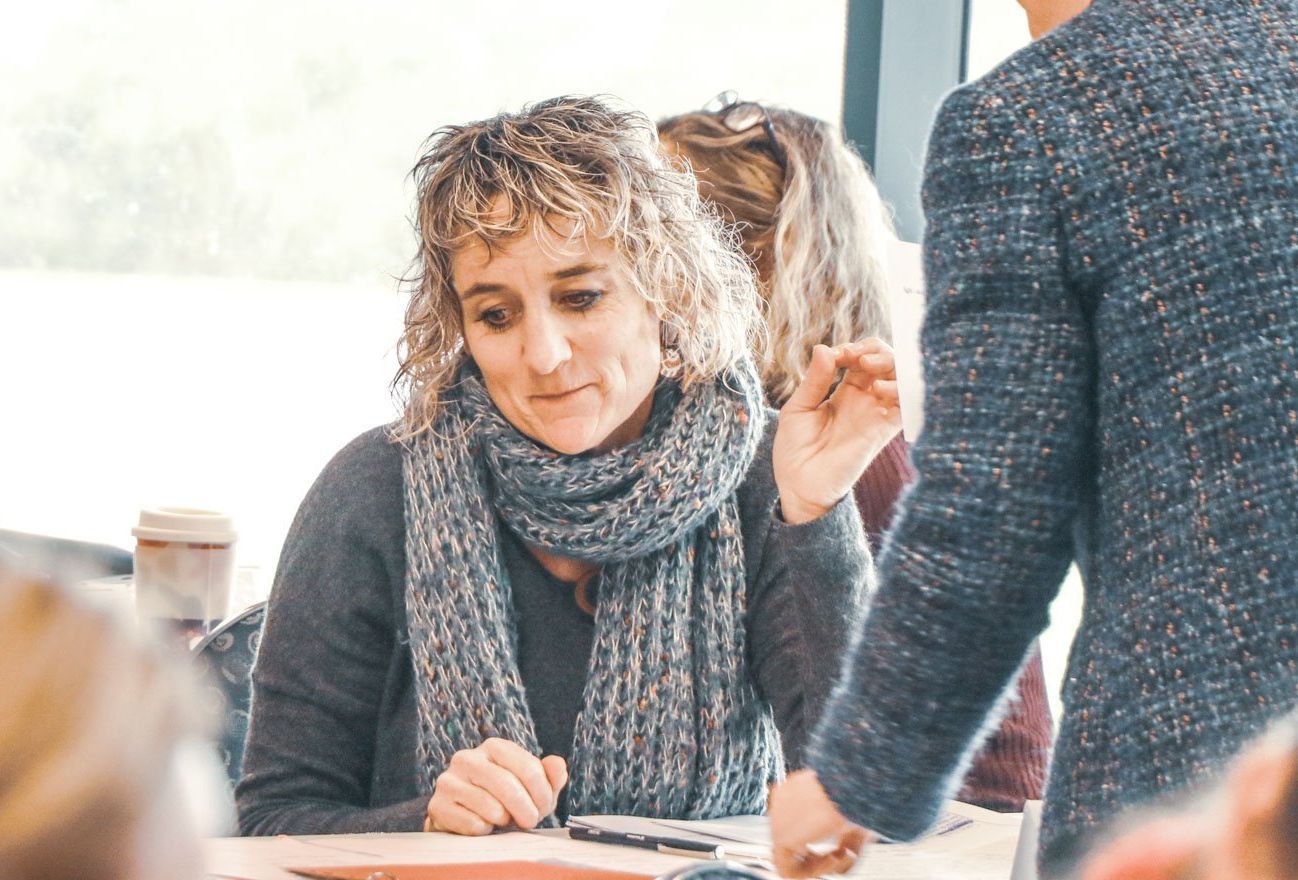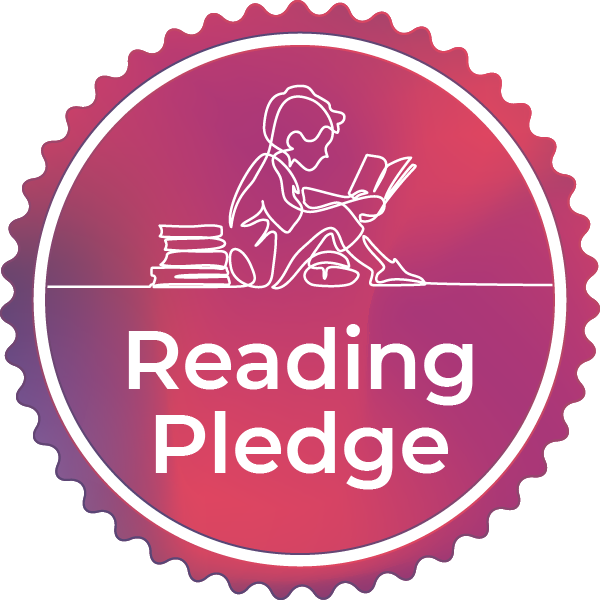Yoshimoto Multisensory Maths
Course Dates & Bookings:
Travelling from interstate or overseas for this training?
Please
contact us before booking to register an expression of interest.
Yoshimoto Multisensory Maths is a two day training course that will provide attendees with strategies for teaching mathematics using manipulatives. Subjects covered include addition, subtraction, multiplication, division, time, money, early algebra, percentage word problems and equivalent fractions.
Resources provided will include a 3 layer maths manipulative kit which includes plastic base ten blocks for each participant as well as a course handbook.
Research has shown that the use of concrete materials allow students to encode and retrieve information in a variety of sensory options: visual, auditory, tactile, and kinesthetic (Witzel, 2005), further assisting students to develop their maths understanding using the Concrete Representational Abstract (CRA) approach.
Concrete involves using the manipulatives to develop conceptual understanding. Representational/Pictoral involves having a visual representation of the concept through drawing which leads to abstract mathematical algorithms.
Manipulatives and representations can be powerful tools for supporting young children to engage with mathematical ideas. Using manipulatives enables students to break down concepts in a highly scaffolded and supportive manner to develop mathematical confidence. This in turn will foster self confidence, positive self esteem and will lead to more positive engagement with mathematical concepts.
Learning Outcomes
Participants will be able to:
- Recognise some of the indicators that may cause students to experience problems in mathematics.
- Employ the use of manipulatives (base ten materials) to help students with a variety of concepts.
- Create and implement maths lessons using multisensory strategies and maths manipulatives.
- Observe the trainer demonstrating the use of the materials, with numerous opportunities to practise what they are learning so feedback is provided and questions can be asked.
- Topics covered include
- patterning
- addition
- pre algebra
- subtraction
- skip counting (times tables)
- multiplication
- time
- money
- division
- equivalent fractions
- percentages
Trainers
List of Services
-
Kate WattKate Watt
Kate’s understanding of learning differences began with her son's early struggles in reading and writing. Despite reassurances from teachers, she trusted her instincts and sought further assessment. At seven, he was diagnosed with dyslexia and dysgraphia—an experience that not only secured the support he needed but also ignited Kate’s passion for raising awareness. This personal journey became the foundation of her commitment to education and advocacy.
-
Liana McCurryLiana McCurry
As a Churchill Fellowship Recipient Liana has recently travelled to 6 countries to investigate best practices in mathematics education. Her dedication to equity and excellence in education make her a respected and admired figure in Adelaide and beyond.



